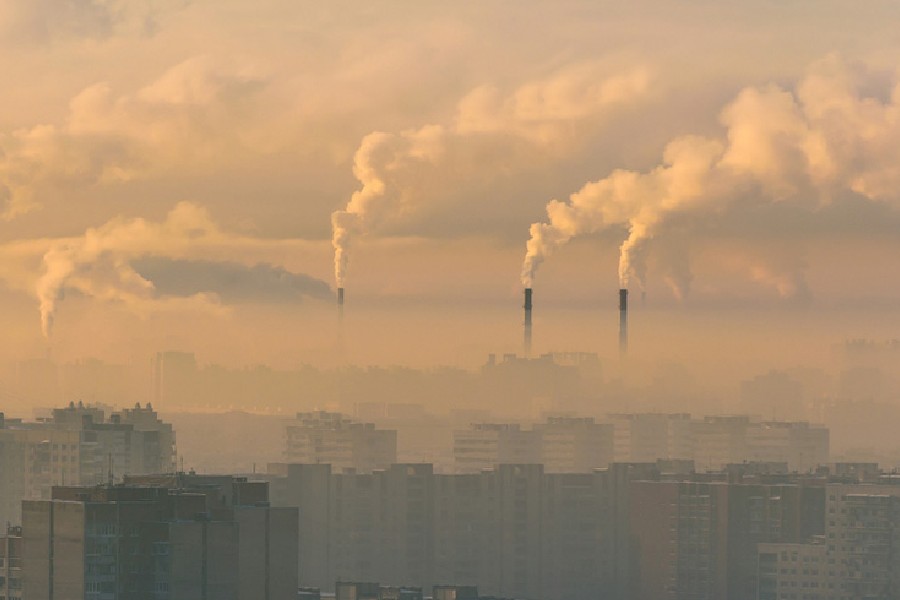The state environment department and the pollution control board plan to push a transition to smokeless chullahs in households to cut carbon emission, state environment minister Gulam Rabbani said at a programme on Monday.
Smokeless chullahs run on fossil fuels like coal and kerosene but the emission is estimated to be 60 to 70 per cent less compared to conventional cooking modes.
The chairman of the state pollution control board, Kalyan Rudra, said they would soon initiate a pilot study in several urban and rural areas with The Energy Research Institute (TERI) to assess in detail the impact of mass-scale use of smokeless chullahs on the overall emission status in those regions and would finalise the state’s strategy based on the findings.
“We plan to give smokeless chullahs to all fossil fuel users in these areas and then see the impact,” said the official.
“Domestic emission is a major cause of climate change in our state and we plan to aggressively pursue the transition to smokeless chullahs, which curb emissions to a large extent,” said minister Rabbani.
Rabbani also spoke of achieving a “net zero status” on emission in Bengal.
“Net zero” refers to the balance between the volume of greenhouse gases produced and the volume that is removed from the atmosphere. Greenhouse gases like carbon dioxide, methane and others warm up the atmosphere and trigger a range of climatic impacts, from severe heat waves to high-intensity cyclones.
Environment department officials pointed out that the transition would require around ₹4,000 crore and they were exploring World Bank, global climate funds and corporate sources for funds.
“According to our estimate, nearly 1.1 crore families in the state use fossil fuels, such as various types of coals and solid products derived from coal, for cooking. We will target these families (in the push for smokeless chullahs),” Rudra said, adding they had already arranged for smokeless chullahs for nearly 4,000 families.
“Our initial study shows that nearly 60 to 70 per cent of the emission can be curtailed with smokeless chullahs.”
In the Glasgow climate summit in 2021, India had announced that it would strive to achieve the “net zero” status by 2070.
“Introducing mass-scale smokeless chullahs is a step in the right direction but we need to supplement it with gas ovens and then finally electric heaters,” said Anumita Roy Choudhury of the Centre for Science and Environment (CSE), which is playing a role in preparing a climate action plan for Bengal.










